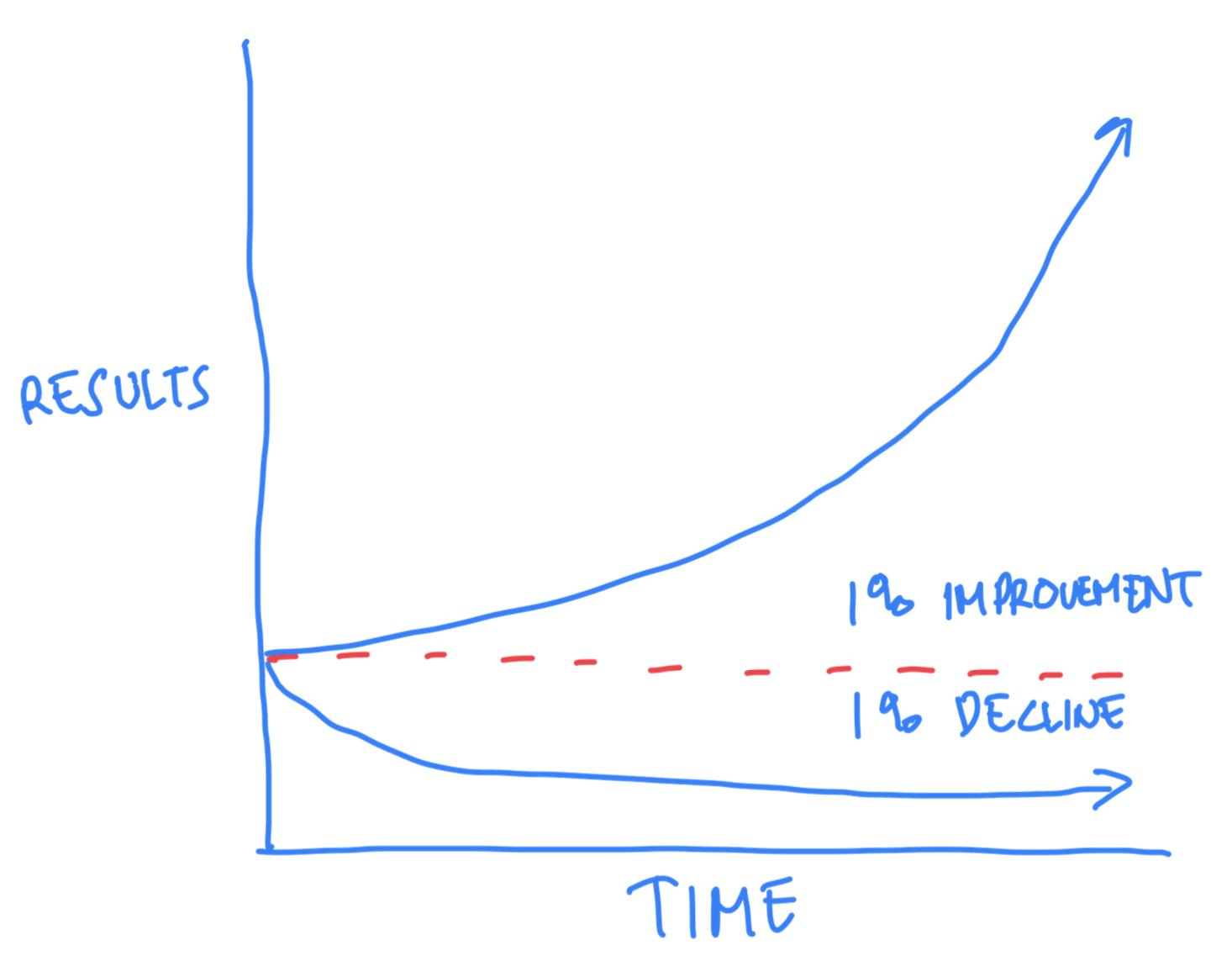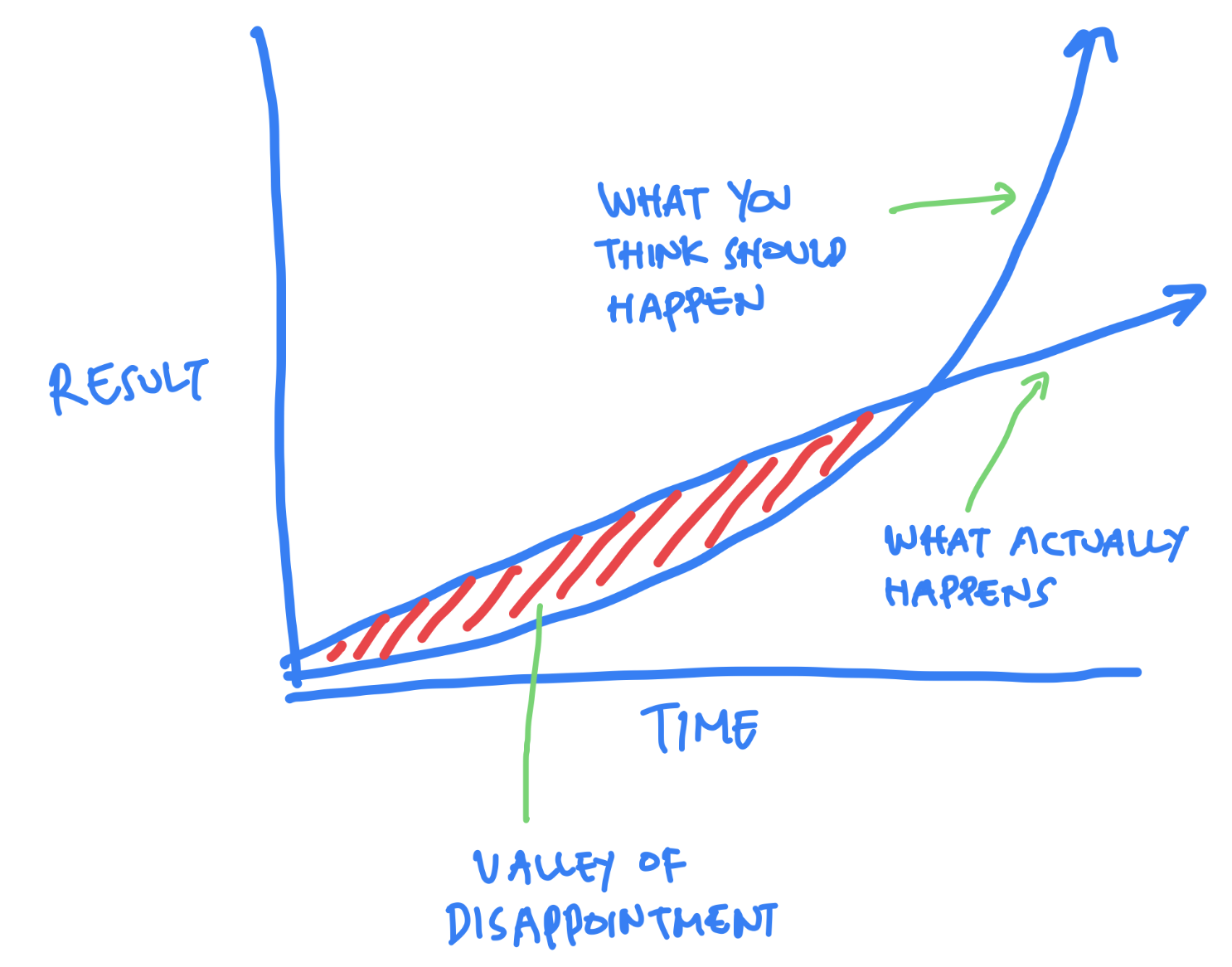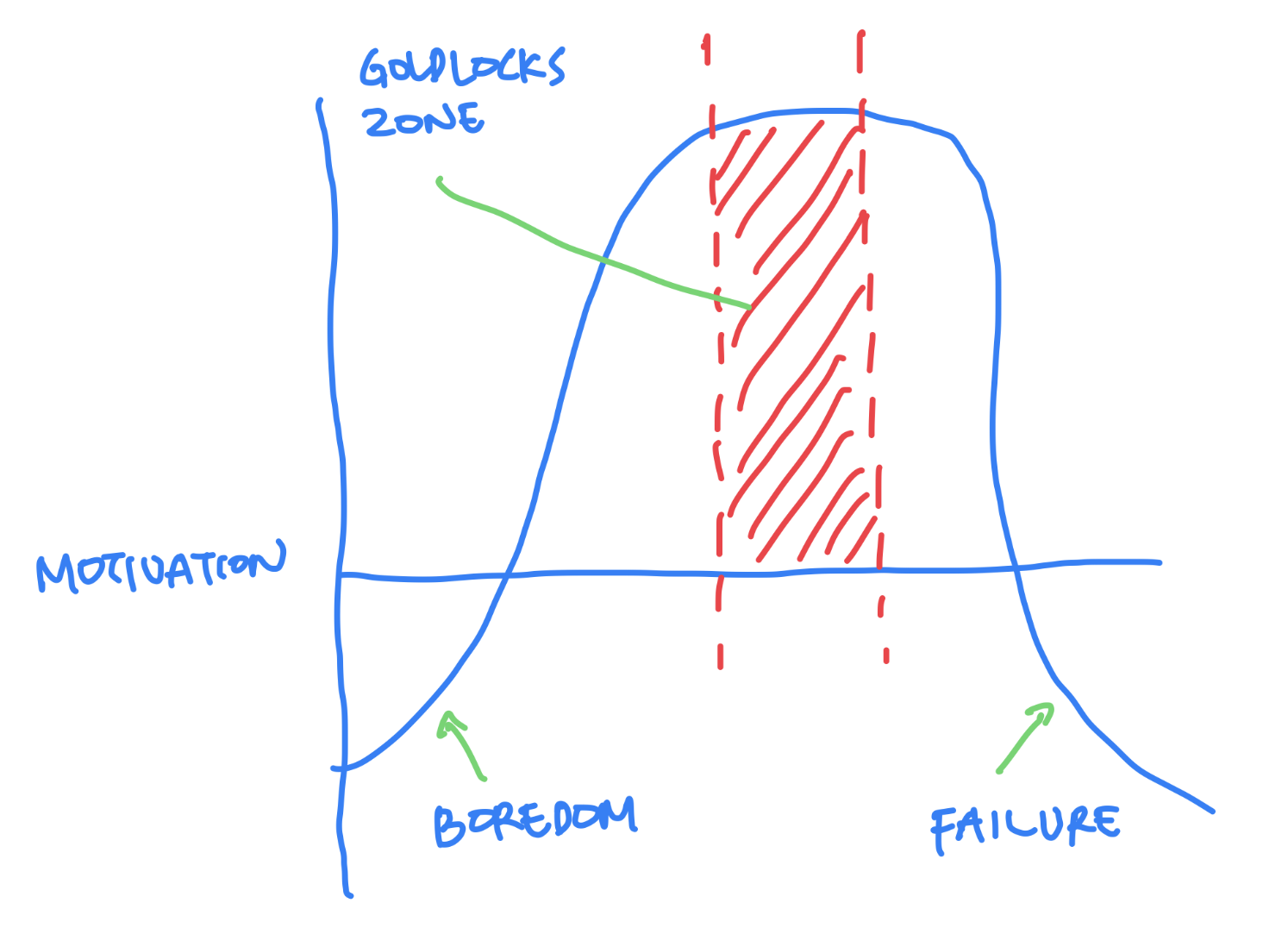Atomic Habits
The Book in 3 Sentences
- Sometimes we are not lazy but just need clarification about where to start.
- That’s why building habits is very important for our consistency.
- We can start with a small task if we want to finish one big project. Consistency is very important, although only one small step/day.
Impressions
- This book is increasing my productivity.
- Sometimes people don’t know how to start working, but we can simplify our work into small steps.
- We can start from that part, although we make little progress because it is better than none.
- Remember four laws of atomic habit:
- make it obvious
- make it attractive
- make it easy
- make it satisfying
- Our use of reverse law to break a bad habit
How I Discovered It
I am starting to build reading habits again after a few years, so I am googling: A must-read book.
Who Should Read?
- Everyone who wants to:
- build good habits or leave bad habits
- increase productivity
How the Book Changed Me
- I divided my routine into small tasks so I wouldn’t be confused anymore about how to start my day
- Because If we want to finish a big project, sometimes we are confused about where we should start
Top 3 Quotes
- “A genius is not born, but is educated and trained,” Laszlo Polgar
- ”He who has a why to live for can be almost any how,” Friedrich Nietsche
- ”Being curious is better than being smart.”
Notes
- Small, better steps can improve ourselves than worse steps.
- 1% worse every day for one year 0.99365 = 00.03
- 1% better every day for one year 1.01365 = 37.78
- The effect of small habits compound over time:

- We often expect progress to be linear. At the very least, we hope it will come quickly. In reality, the results of our efforts are often delayed. It is not until months or years later that we realize the true value of the previous work we have done. This can result in a “valley of disappointment” where people feel discouraged after putting in weeks or months of hard work without experiencing any results. However, this work was not wasted. It was simply being stored. It is not until much later that the full value of previous efforts is revealed.

- Maximum motivation occurs when facing a challenge of just manageable difficulty. In psychology research this is known as the Yerkes–Dodson law, which describes the optimal level of arousal as the midpoint between boredom and anxiety.
- Improvement is not just about learning habits, it’s also about fine-tuning them. Reflection and review ensures that you spend your time on the right things and make course corrections whenever necessary—like Pat Riley adjusting the effort of his players on a nightly basis. You don’t want to keep practicing a habit if it becomes ineffective.

- So basically James make 2 reports every year, first Annual Review and Integrity Report.
- Annual Review
- What went well this year?
- What did not go so well this year?
- What did I learn?
- Integrity Report
- What are the core values that drive my life and work?
- How I am living and working with integrity right now?
- how can I set a higher standard in the future?
- Annual Review
Summary
- “Habits are the compound interest of self-improvement. Getting 1 percent better every day counts for a lot in the long-run.”
- “Small changes often appear to make no difference until you cross a critical threshold. The most powerful outcomes of any compounding process are delayed. You need to be patient.”